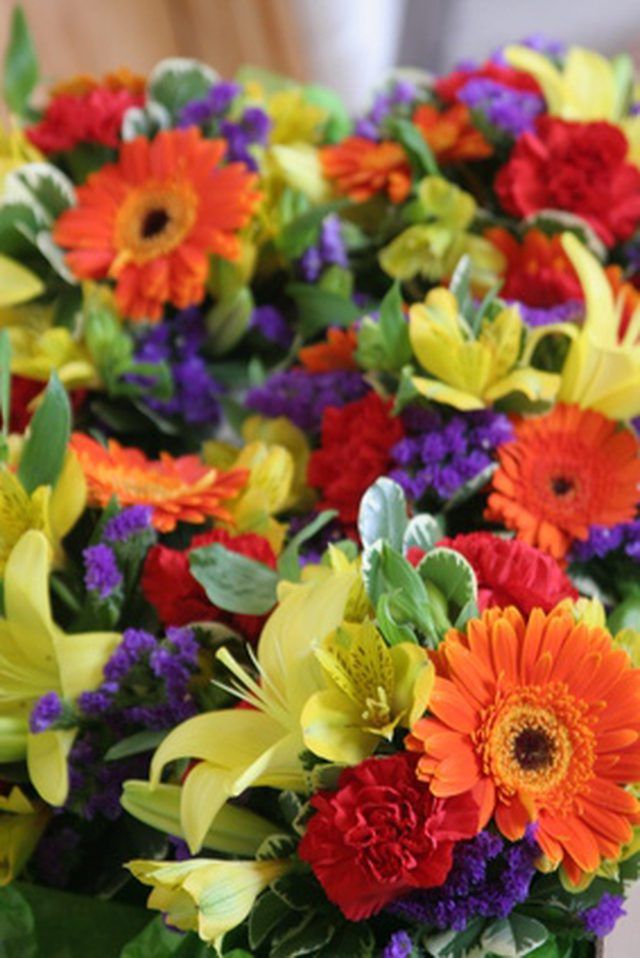Bulbs
Flower Basics
Flower Beds & Specialty Gardens
Flower Garden
Garden Furniture
Garden Gnomes
Garden Seeds
Garden Sheds
Garden Statues
Garden Tools & Supplies
Gardening Basics
Green & Organic
Groundcovers & Vines
Growing Annuals
Growing Basil
Growing Beans
Growing Berries
Growing Blueberries
Growing Cactus
Growing Corn
Growing Cotton
Growing Edibles
Growing Flowers
Growing Garlic
Growing Grapes
Growing Grass
Growing Herbs
Growing Jasmine
Growing Mint
Growing Mushrooms
Orchids
Growing Peanuts
Growing Perennials
Growing Plants
Growing Rosemary
Growing Roses
Growing Strawberries
Growing Sunflowers
Growing Thyme
Growing Tomatoes
Growing Tulips
Growing Vegetables
Herb Basics
Herb Garden
Indoor Growing
Landscaping Basics
Landscaping Patios
Landscaping Plants
Landscaping Shrubs
Landscaping Trees
Landscaping Walks & Pathways
Lawn Basics
Lawn Maintenance
Lawn Mowers
Lawn Ornaments
Lawn Planting
Lawn Tools
Outdoor Growing
Overall Landscape Planning
Pests, Weeds & Problems
Plant Basics
Rock Garden
Rose Garden
Shrubs
Soil
Specialty Gardens
Trees
Vegetable Garden
Yard Maintenance
Florist Occupational Safety
Florist Occupational Safety. Most people do not associate flowers with danger, but maintaining occupational safety is an important element of florists' work. Florists routinely work with tools and materials that are potentially dangerous if sound techniques for florist occupational safety are not observed.

Most people do not associate flowers with danger, but maintaining occupational safety is an important element of florists' work. Florists routinely work with tools and materials that are potentially dangerous if sound techniques for florist occupational safety are not observed.
Handling Sharp Tools
Florists use sharp knives, scissors and shears every day to cut flowers and other materials. They are trained to handle these tools carefully to avoid cutting themselves or others.
Working with Water
Florists work around water-filled buckets and vases every day, which can result in dangerously slippery floors. They learn to avoid spills, and to clean up spills promptly to prevent falls.
Protecting Skin
Many florists wear gloves to protect the skin on their hands from exposure to numerous potentially harmful materials, including rose thorns, pesticide residue on flowers, and bleach that is sometimes used to clean flower buckets. Some florists also wear thick rubber gloves to protect their skin from being cut by the sharp tools they use.
Preventing Body Aches
Florists must strive to care for their bodies while they work. They tend to be on their feet all day, so they typically stand on shock-absorbing rubber mats to prevent foot, leg, back, and neck pain, and to avoid developing chronic pain in any of these areas.
Avoiding Exposure to Harmful Substances
Many florists use bleach to keep their water buckets clean, and powder or liquid forms of floral preservative to maintain the freshness of flowers. Florists must limit their exposure to these and other potentially harmful substances by avoiding contact with skin, keeping them away from food or drink, and never ingesting them.